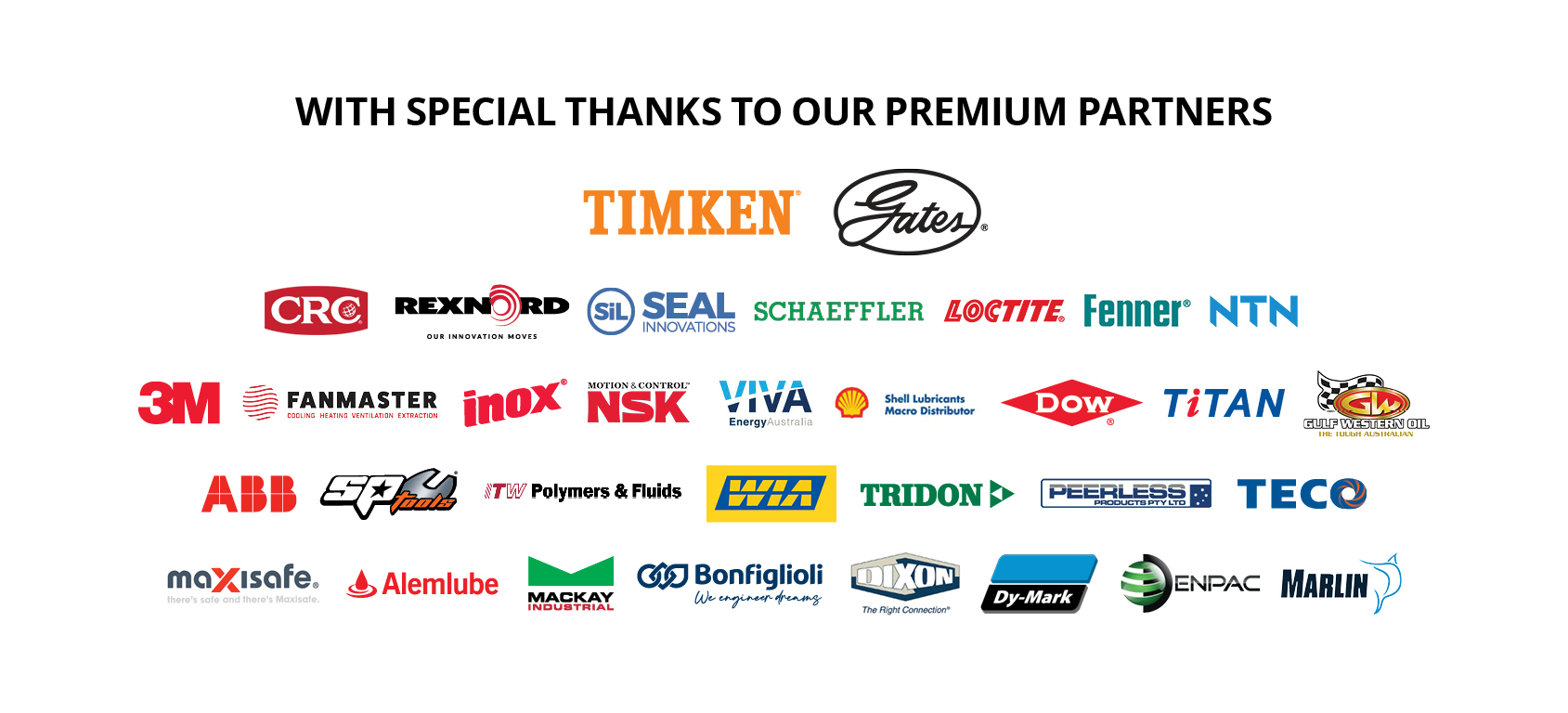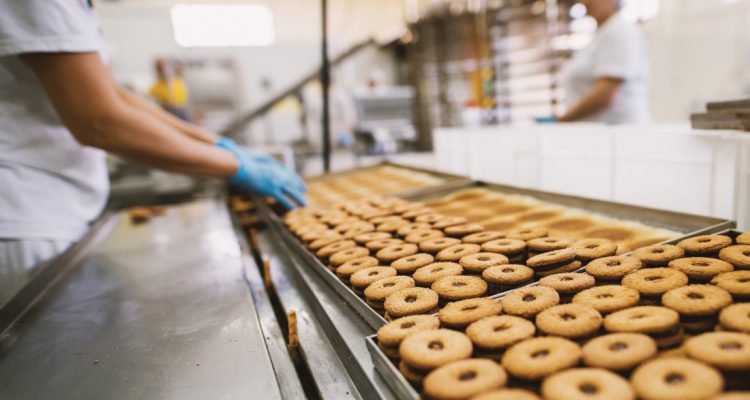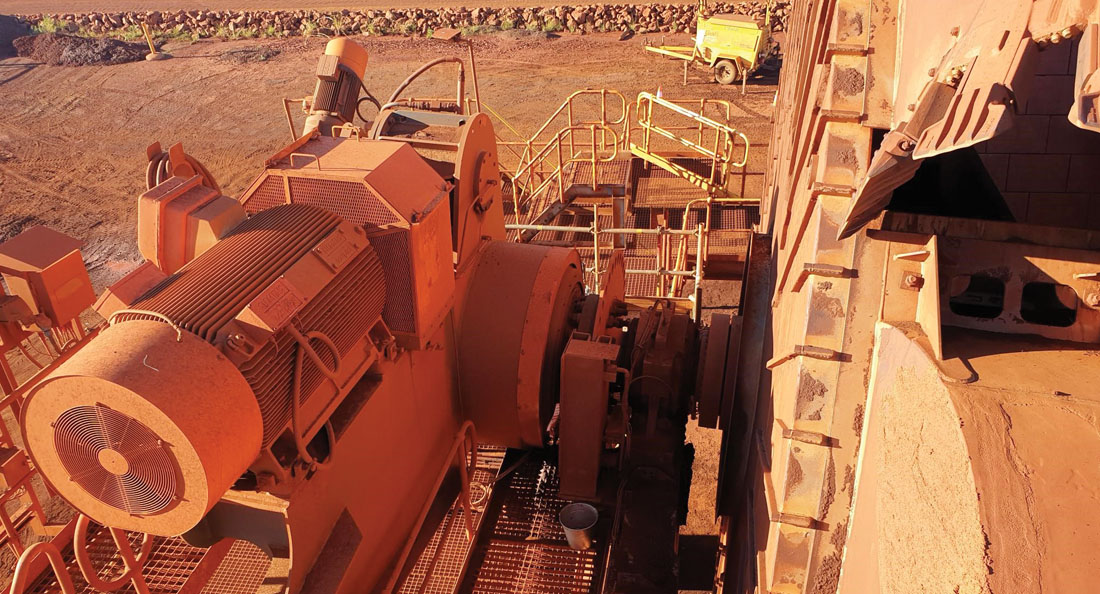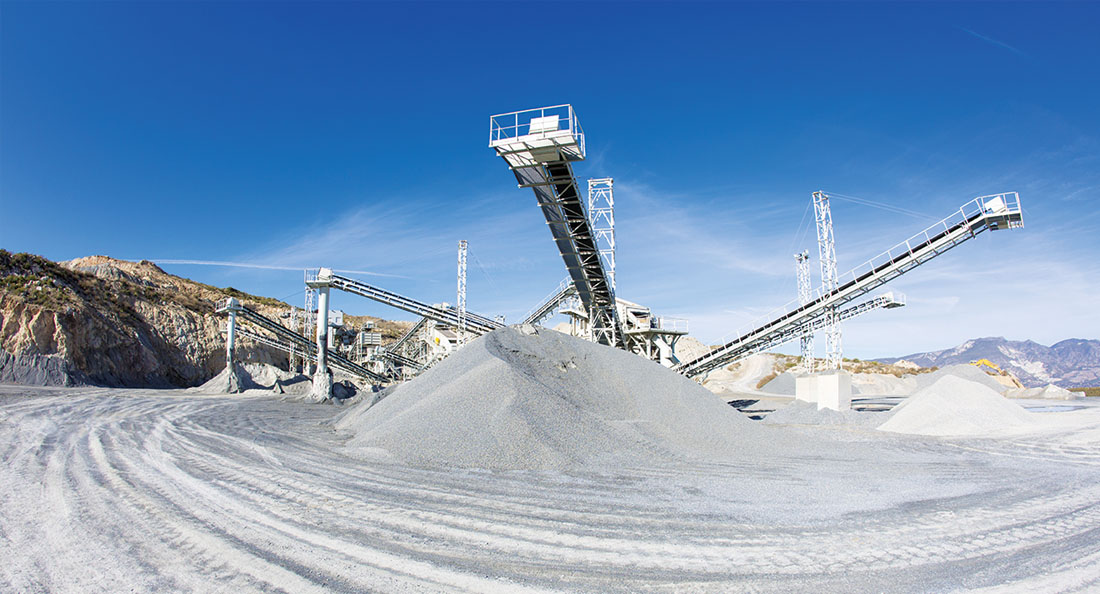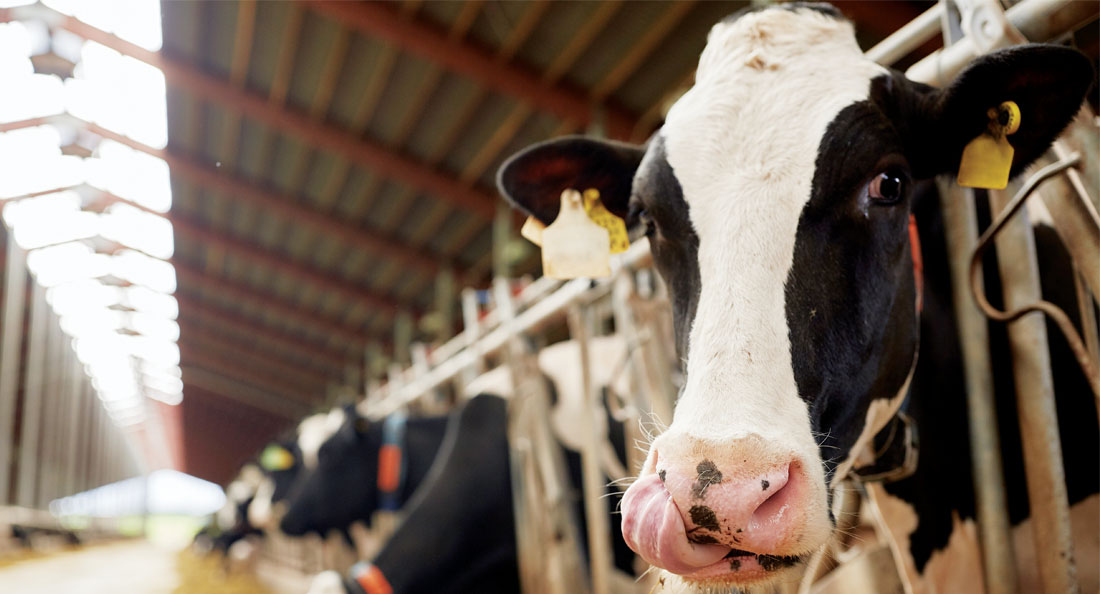Nobody who is allergic to gluten wants to bite into their ‘gluten-free’ biscuit to find that it did in fact contain traces of gluten. Manufacturers go to great lengths to ensure that this cannot happen.
Water washdowns are used in food and beverage processing plants to prevent cross-contamination between batches of different substances, as well as to eliminating bacteria or microorganisms from the surfaces of the machines.
But washdowns cause additional challenges when it comes to design and selection of machinery components. For example, standard bearings can quickly rust in wet conditions. Processing plants with heavy washdowns therefore need to use bearing materials that can withstand the corrosion.
BSC Australia distributes Schaeffler’s FAG Black Series for this very situation. According to Wayne D’Souza, National Accounts Manager at Industrial Solutions Australia, part of Motion Asia Pacific (BSC’s holding company), Schaeffler’s FAG Black Series radial insert ball bearing and housing units feature a Durotect BS surface treatment to improve the bearing’s resistance to harsh, corrosive environments.
“Machines and conveyors used in a food manufacturing plant are often fitted with standard bearing and housing units by the original equipment manufacturers. These standard bearings usually rust within a few months, or even less, under corrosive washdown conditions. That is where using products like the FAG Black Series by Schaeffler offers much greater longevity and reduces downtime,” he says.
Other features of the Black Series also make it a robust choice for food and beverage manufacturing and processing plants, according to D’Souza.
“The FAG Black Series housing units feature flake graphite cast iron housings with a concave bore in which the radial insert ball bearings are fitted. These units are matched to each other and are available as plummer block housing units, flanged housing units and take-up housing units. So, there is a wide range available to suit different applications.
“Further, the Black Series radial insert ball bearings are supplied with RSR seals, which are zinc plated seal lips made from nitrile rubber (NBR) and additional flinger shield. The seal can add another level of protection to prevent water and dust from entering the bearing,” he adds. The Durotect coated inner ring surface contacting the seal lip does not corrode and thus provides a smooth and effective sealing over a much longer operating time.
While corrosion protection is the primary reason why D’Souza recommends using the FAG Black Series, the high temperature tolerance of the bearings is a bonus, particularly for food and beverage applications.
“Sub-zero temperatures and extremely high temperatures are common in food and beverage manufacturing. The insert bearings in the FAG Black Series are suitable for operating temperatures of –20˚C to +100˚C. Temperature peaks of up to +120˚C are possible for short periods.”
D’Souza says conveying equipment and machines for food container fitting and packaging are some applications where the FAG Black Series bearings are commonly used.
“At BSC, we have customers in the beer brewing industry, chocolate manufacturing, bakeries and dairy industry who use these types of bearings extensively. And if you look at those industries, they all involve heavy water washdowns in the production process,” he says.
Other industries where the Durotect-coated bearings find applications are in agricultural, construction and mining machinery, as well as any conveying equipment exposed to intensive dust or water. The bearing and housing units are also commonly used in water and wastewater treatment where they display better resistance against the highly corrosive hydrogen sulphide (H2S) gas.
D’Souza says installing and replacing the FAG Black Series radial insert ball bearing and housing units is fairly easy and something that the in-house maintenance teams at the factories usually handle themselves.
“However, the BSC team can also assist customers with bearing installations or where any technical expertise is required. For example, a plant might need to change the configuration of their conveying system or to install an additional conveyor. Our engineering team can assist customers with design, supply and installation of these new systems or to re-engineer their existing conveying system” he concludes.
